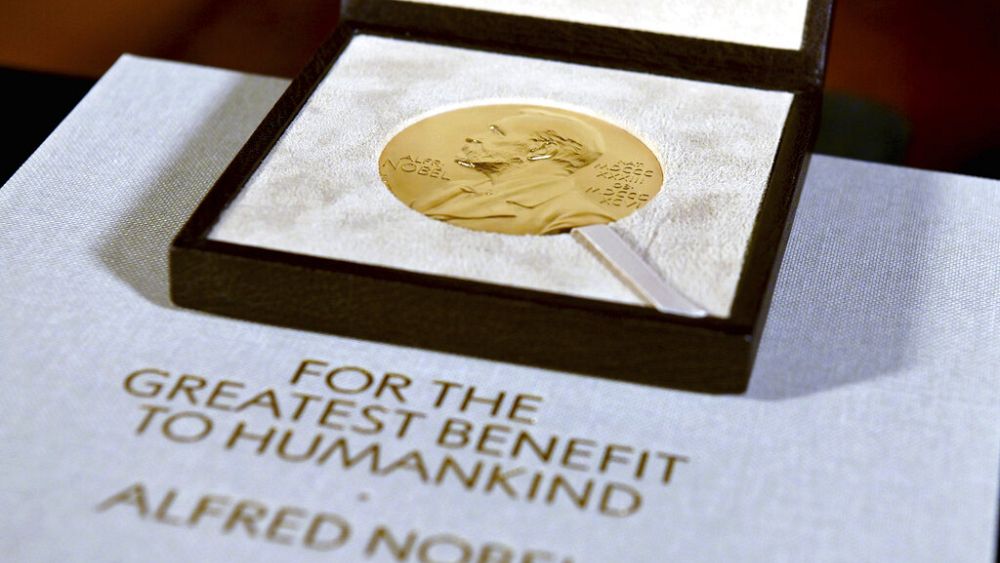The three newly-minted Nobel Laureates have “demonstrated a way to create extremely short pulses of light that can be used to measure the rapid processes in which electrons move or change energy,” the Academy said.
This year’s Nobel Prize in Physics has been awarded to Pierre Agostini, Ferenc Krausz and Anne L’Huillier for their work on “experimental methods that generate attosecond pulses of light for the study of electron dynamics in matter.”
Their experiments “have given humanity new tools for exploring the world of electrons inside atoms and molecules,” the Royal Swedish Academy of Sciences said as it announced the prize on Wednesday.
The three newly-minted Nobel Laureates have “demonstrated a way to create extremely short pulses of light that can be used to measure the rapid processes in which electrons move or change energy,” the Academy said.
Both Agostini and L’Huillier are from France. He is a professor at the Ohio State University in the United States, and she is a professor at Lund University in Sweden. Krausz was born in Hungary and is Director of the Max Planck Institute of Quantum Optics in Garching and a professor at Ludwig-Maximilians-Universität München in Germany.
The physics prize comes a day after Hungarian-American Katalin Karikó and American Drew Weissman won the Nobel Prize in medicine for discoveries that enabled the creation of mRNA vaccines against COVID-19.
Nobel announcements will continue with the chemistry prize on Wednesday and the literature prize on Thursday.
The Nobel Peace Prize will be announced on Friday and the economics award on 9 October.
The prizes carry a cash award of 11 million Swedish kronor, approximately €950,000, drawn from a bequest left by the prize’s creator, Swedish inventor Alfred Nobel, who died in 1896.
The prize money was raised by 1 million kronor this year because of the plunging value of the Swedish currency.
The laureates are invited to receive their awards at ceremonies on 10 December, the anniversary of Nobel’s death. The prestigious peace prize is handed out in Oslo, according to his wishes, while the other award ceremony is held in Stockholm.
As a Hungarian I’m both immensely proud of the great scientists and inventors the country provided to the world and at the same time, ashamed of the horrible politicians we’re plaguing this planet with. But for the time being, I’m quite excited. If anyone is a bit more physics savvy, I would be curious to know what processes we can learn more of now (probably down to an ELI5 level, but I know the very basics of nuclear physics, I guess).
50 bucks (18607 forint) i’ll do the leg work for you


